Coconut oil is a plant-based oil extracted from the kernel or meat of mature coconuts. It has a high saturated fat content, with about 90% of its fatty acids being saturated. The oil is solid at room temperature and has a melting point of about 76°F (24°C).
Coconut oil has been used in many cultures for centuries as a food, medicine, and cosmetic ingredient. It has gained popularity in recent years as a health food, with some people promoting it as a superfood and claiming that it has numerous health benefits.
Coconut oil can be used in cooking and baking, as well as in cosmetic and skincare products. It has a mild coconut flavor and aroma and can be used as a substitute for other oils or fats in many recipes.
However, due to its high saturated fat content, some health experts advise moderation in its consumption, particularly for those with high cholesterol or heart disease risk factors. It is important to choose high-quality, unrefined coconut oil to ensure that you are getting the maximum nutritional benefits.
Table of Contents
Health benefits of coconut oil and its use in cooking:
Coconut oil is a popular ingredient in cooking and has been touted for its numerous health benefits. Here are some of the benefits of coconut oil and its uses in cooking:
- Rich in healthy fats: Coconut oil is high in medium-chain triglycerides (MCTs), which are healthy fats that are metabolized differently than other fats in the body. These fats are quickly converted into energy and may boost weight loss.
- Improves heart health: Studies suggest that consuming coconut oil improves cholesterol levels and decreases the risk of heart disease.
- Antimicrobial properties: Coconut oil contains lauric acid, which has antimicrobial properties that helps fight against harmful bacteria, viruses, and fungi.
- Boosts brain function: MCTs in coconut oil provides an immediate source of energy for the brain and improves cognitive function.
- Can be used in high-heat cooking: Coconut oil has a high smoke point and can withstand high temperatures, making it a great choice for cooking methods like frying and sautéing.
Some popular uses of coconut oil in cooking include:
- Replacing other oils in baking: Coconut oil can be used as a substitute for butter or vegetable oil in baking recipes.
- Stir-frying and sautéing: Coconut oil can be used in place of other cooking oils in stir-fry and sauté dishes.
- Adding to smoothies: Adding a tablespoon of coconut oil to a smoothie can provide a creamy texture and added healthy fats.
- Making popcorn: Coconut oil can be used in place of butter or other oils when popping popcorn for a healthier snack.
Overall, coconut oil can be a healthy addition to your cooking routine when used in moderation. It is important to note, however, that coconut oil is still high in calories and should be consumed in moderation as part of a balanced diet.
Coconut Oil as a Facial Cleanser and Moisturizer
Coconut oil is a popular natural ingredient in skincare products, including facial cleansers and moisturizers. Here's how it can be used:
- Facial cleanser: Coconut oil can be used as a natural facial cleanser to remove makeup, dirt, and impurities from the skin. Simply massage a small amount of coconut oil onto the skin in circular motions, then gently wipe away with a warm, damp cloth.
- Moisturizer: Coconut oil can also be used as a moisturizer to hydrate and nourish the skin. Apply a small amount of coconut oil to the face and neck after cleansing, and massage gently until fully absorbed.
- While coconut oil can be beneficial for some people's skin, it may not be suitable for everyone. Some people may experience clogged pores or breakouts from using coconut oil on their face, especially if they have oily or acne-prone skin. Additionally, coconut oil has a relatively high comedogenic rating, which means that it has the potential to clog pores. It's important to patch test any new skincare product, including coconut oil, before using it on your face.
Overall, coconut oil can be a good natural alternative to commercial facial cleansers and moisturizers, but it may not work for everyone's skin. If you have concerns about using coconut oil on your face, it's always best to consult with a dermatologist or skincare professional.
Coconut Oil as an Hair Mask to Repair Damage
Coconut oil is a popular natural ingredient in hair care products, including hair masks. Here's how it can be used as a hair mask to repair damage:
- Warm up the coconut oil: Melt a small amount of coconut oil in a microwave-safe bowl or by rubbing it between your hands.
- Apply to hair: Section your hair and apply the melted coconut oil from the roots to the ends, making sure to fully saturate your hair. Use your fingers or a wide-tooth comb to distribute the oil evenly.
- Let it sit: Cover your hair with a shower cap or towel and let the coconut oil sit for at least 30 minutes, or even overnight for deeper conditioning.
- Rinse: Wash your hair with shampoo and conditioner as usual to remove the coconut oil.
- Coconut oil contains fatty acids that can penetrate the hair shaft and help to moisturize and nourish the hair. It may also help to reduce protein loss and prevent damage from heat styling and environmental stressors.
However, it's important to note that coconut oil may not work for everyone's hair, especially if you have fine or thin hair. Coconut oil can be heavy and may weigh down hair, so it's best to use it in moderation and adjust the amount as needed. Additionally, those with oily scalps may want to avoid using coconut oil as a hair mask, as it can be difficult to fully rinse out and may contribute to buildup on the scalp.Overall, coconut oil can be a good natural option for repairing hair damage and restoring moisture, but it may not work for everyone's hair type. It's always best to patch test any new hair care product, including coconut oil, before using it on your whole head.
Coconut Oil as a Makeup Remover
Coconut oil can be an effective and natural makeup remover. Here's how to use coconut oil as a makeup remover:
- Take a small amount of coconut oil: Scoop a small amount of coconut oil onto your fingertips or a cotton pad.
- Apply to your face: Gently massage the coconut oil onto your face, focusing on areas with makeup.
- Wipe off the oil: Take a soft cloth or cotton pad and gently wipe away the coconut oil and makeup residue. You may need to repeat this step a few times to fully remove all of the makeup.
- Rinse your face: Splash your face with warm water to remove any remaining oil.
- Coconut oil can effectively break down and remove makeup, including waterproof mascara and long-wearing foundation. Additionally, it can be gentler on the skin than harsher chemical-based makeup removers, making it a good option for those with sensitive skin.
However, it's important to note that coconut oil may not work for everyone's skin, especially if you have oily or acne-prone skin. Coconut oil has a relatively high comedogenic rating, which means that it has the potential to clog pores and cause breakouts. It's always best to patch test any new skincare product, including coconut oil, before using it on your whole face.
The Different Types of Coconut Oil
There are several different types of coconut oil available on the market, each with its own unique characteristics and uses. Here are the most common types of coconut oil:
- Refined coconut oil: Refined coconut oil is made from dried coconut meat that has been treated with high heat and chemicals to remove impurities and flavors. It has a neutral flavor and a higher smoke point, making it a good option for cooking and baking.
- Virgin coconut oil: Virgin coconut oil is made from fresh coconut meat that has been grated and pressed to extract the oil. It has a mild coconut flavor and aroma and is considered to be less processed than refined coconut oil.
- Organic coconut oil: Organic coconut oil is made from coconuts that have been grown without the use of synthetic pesticides or fertilizers. It may be either refined or virgin, but it is free from any chemical residues that may be present in conventionally grown coconuts.
- Fractionated coconut oil: Fractionated coconut oil is a highly processed oil that has been separated into its individual components, primarily medium-chain triglycerides (MCTs). It is liquid at room temperature and has a very long shelf life. It is often used in cosmetics and as a carrier oil for essential oils.
- Cold-pressed coconut oil: Cold-pressed coconut oil is made from fresh coconut meat that has been pressed to extract the oil without the use of heat or chemicals. It retains more of the coconut's natural flavor and nutrients than other types of coconut oil.
Each type of coconut oil has its own set of benefits and uses, depending on the desired outcome. It's important to consider the intended use and quality of the coconut oil when selecting a type to use.
How to Store Coconut Oil Properly
Proper storage is important to ensure that your coconut oil stays fresh and maintains its quality over time. Here are some tips for storing coconut oil:
- Store in a cool, dry place: Coconut oil should be stored in a cool, dry place away from direct sunlight, heat, and moisture. Exposure to heat and moisture can cause the oil to spoil or go rancid more quickly.
- Keep the container tightly sealed: Once opened, coconut oil should be stored in a tightly sealed container to prevent exposure to air, which can also cause it to spoil more quickly.
- Consider refrigeration: If you live in a hot and humid climate or your home is consistently warm, you may want to consider storing your coconut oil in the refrigerator to help it last longer.
Use a clean utensil to scoop out the oil: Avoid using your hands to scoop out coconut oil, as this can introduce bacteria and moisture into the container. Instead, use a clean utensil like a spoon or spatula to scoop out the amount of oil you need.
By following these tips, you can help extend the shelf life of your coconut oil and ensure that it stays fresh and of the highest quality for as long as possible.

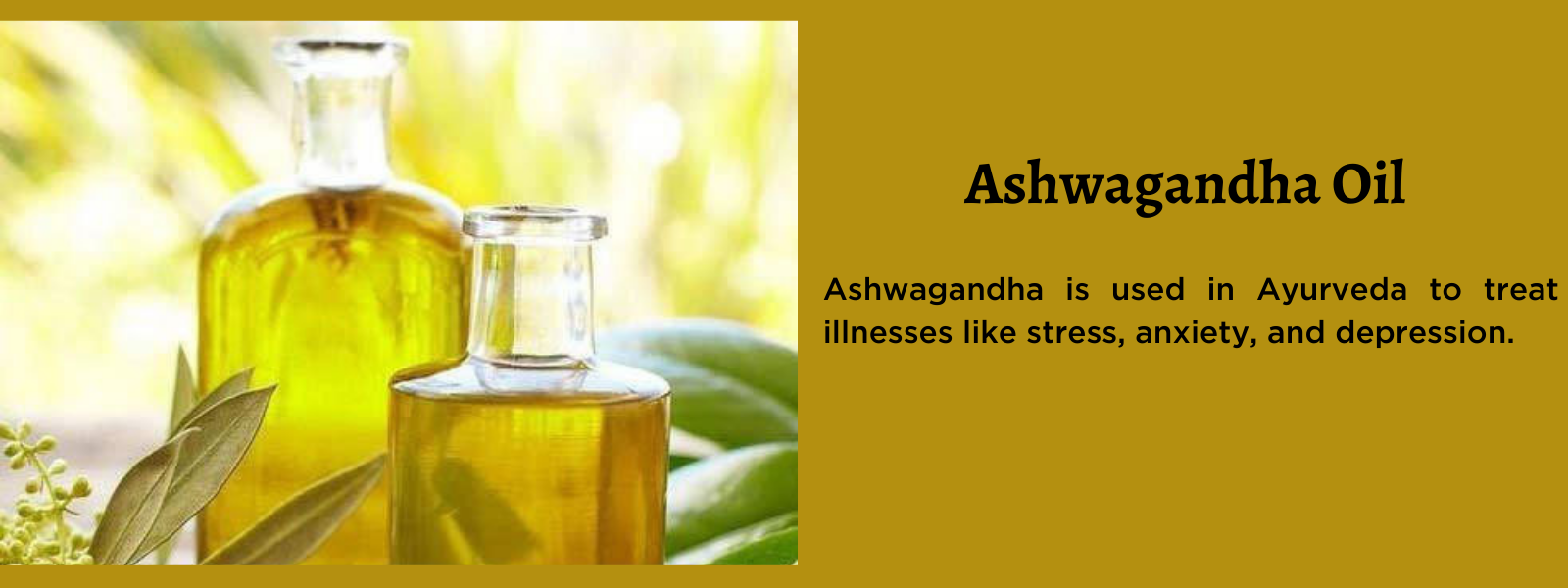
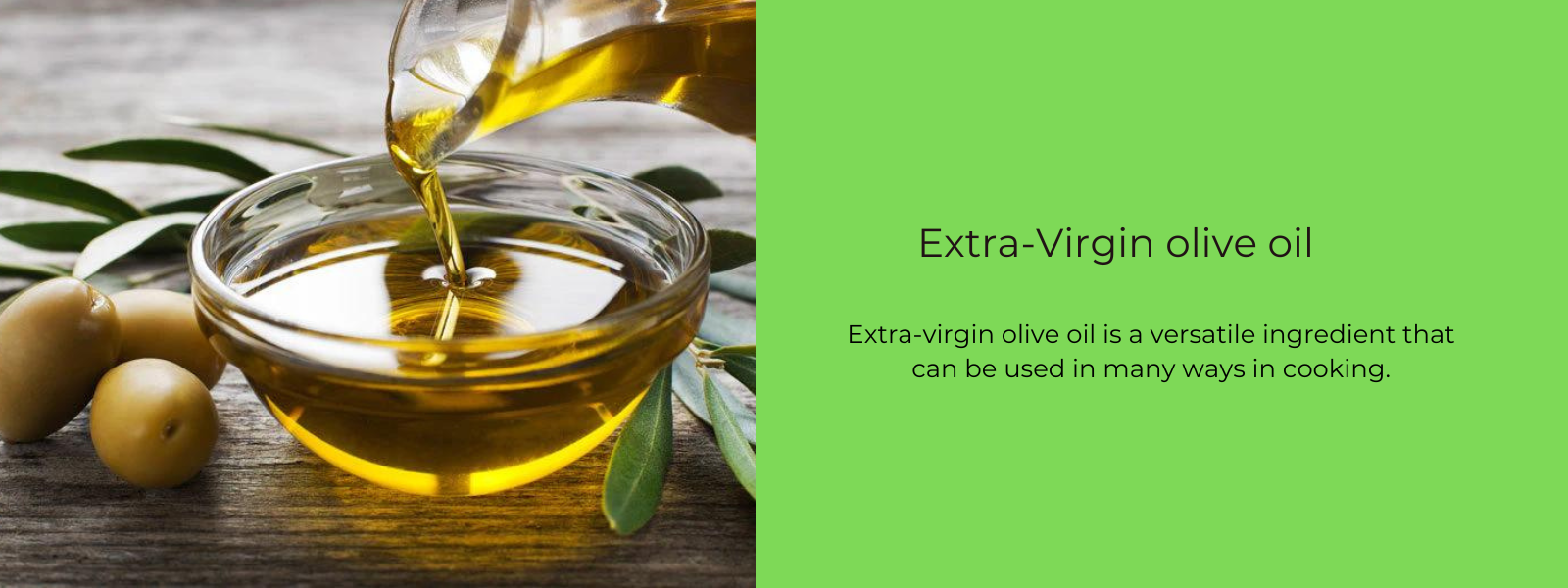
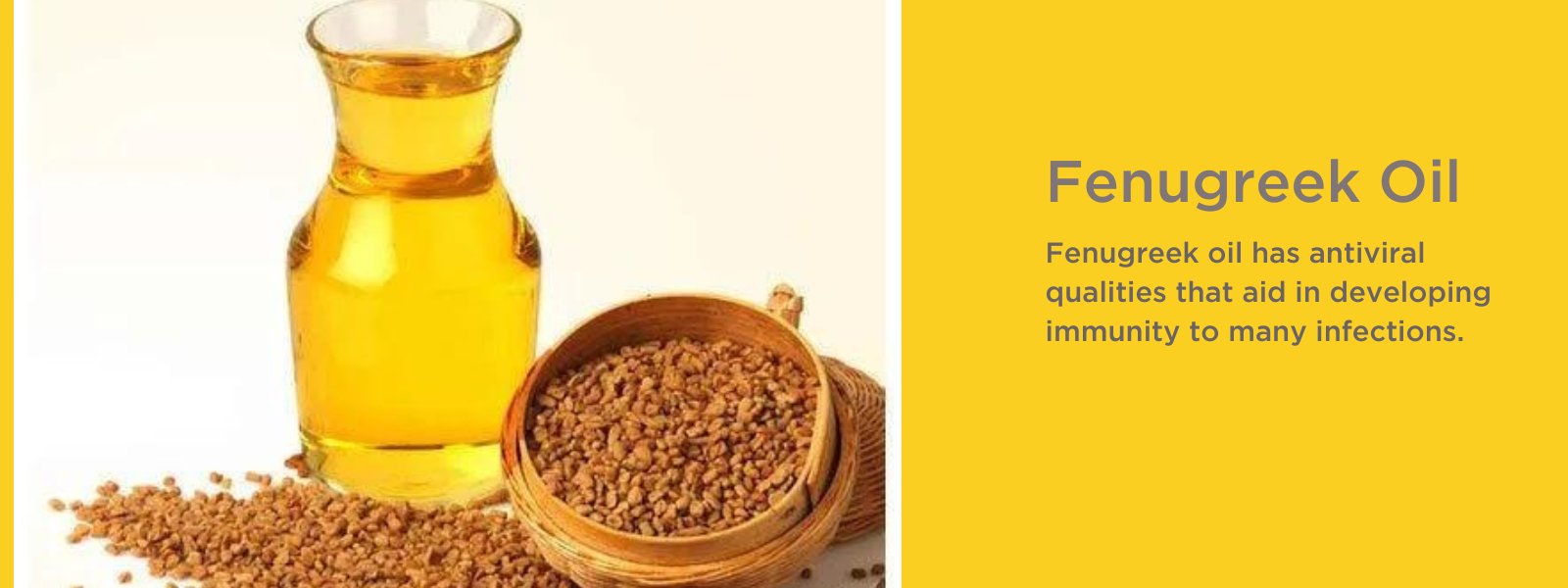
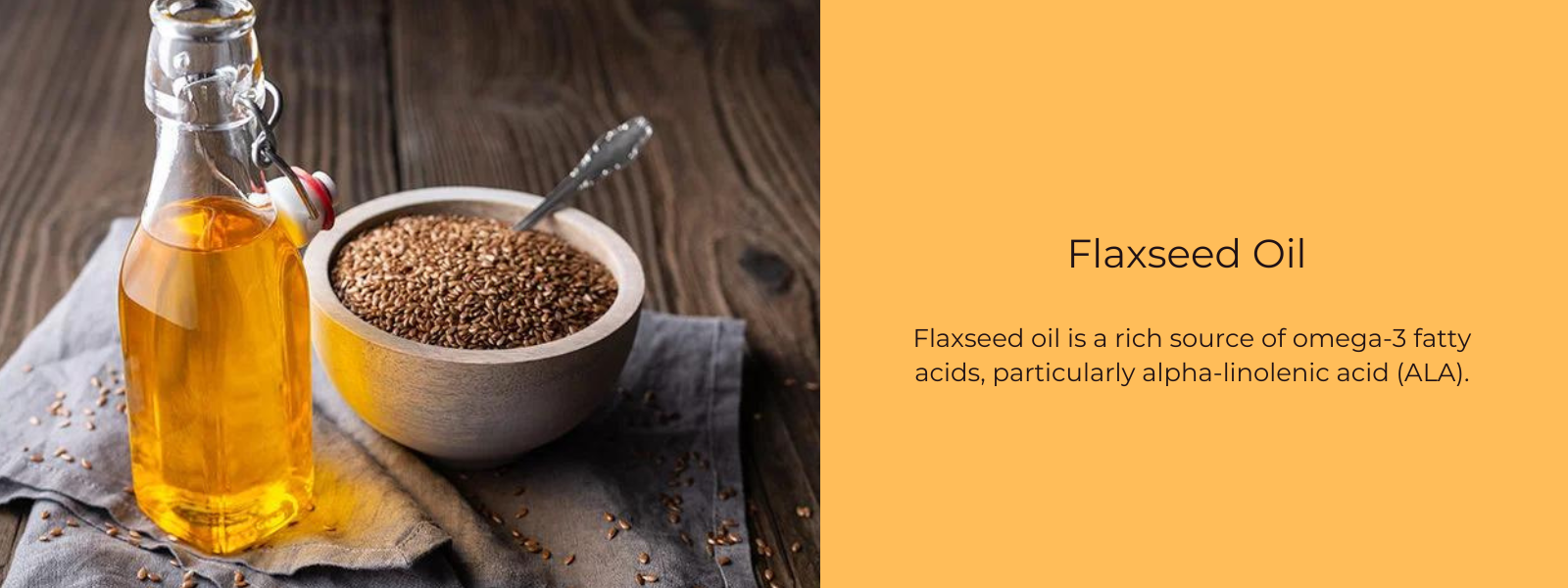
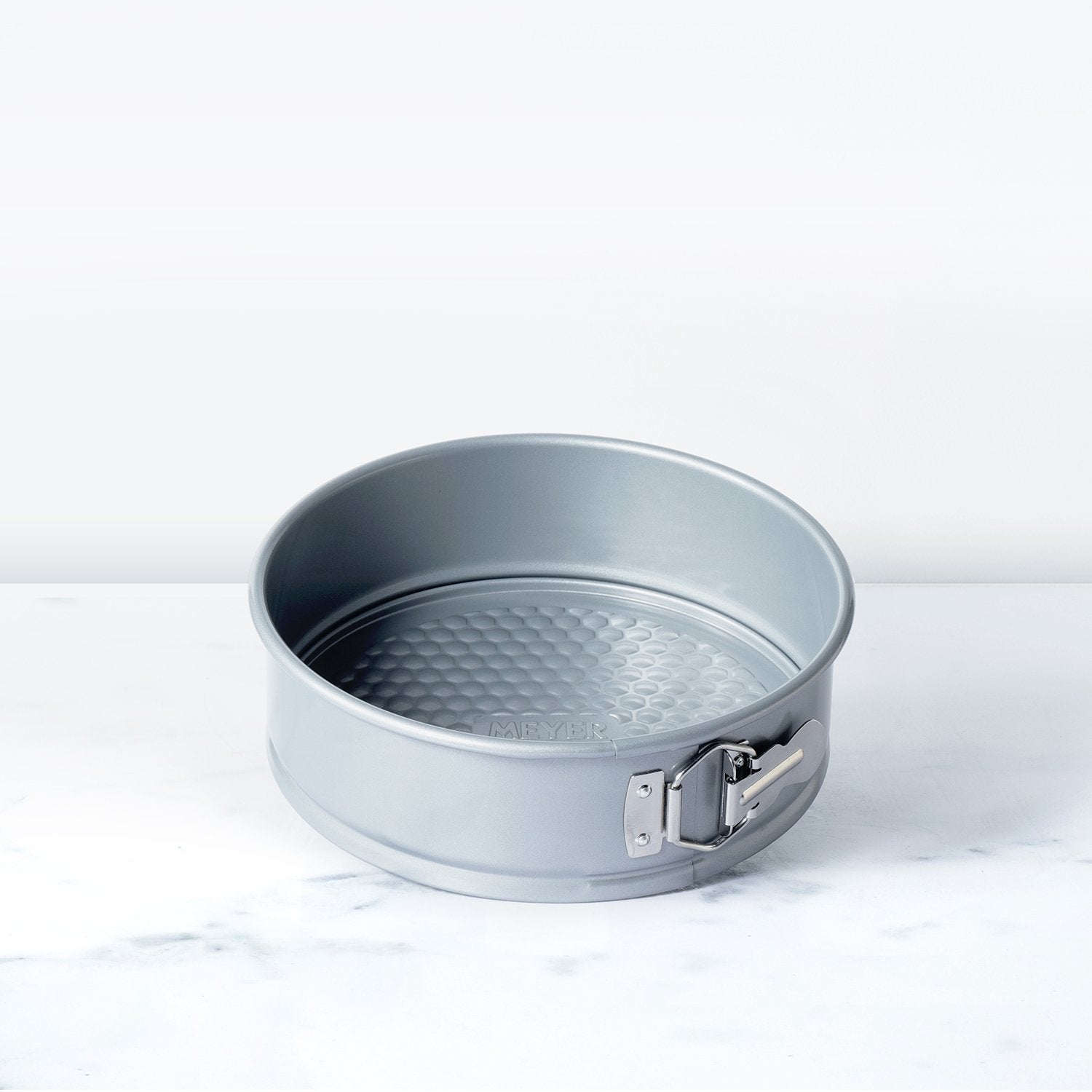
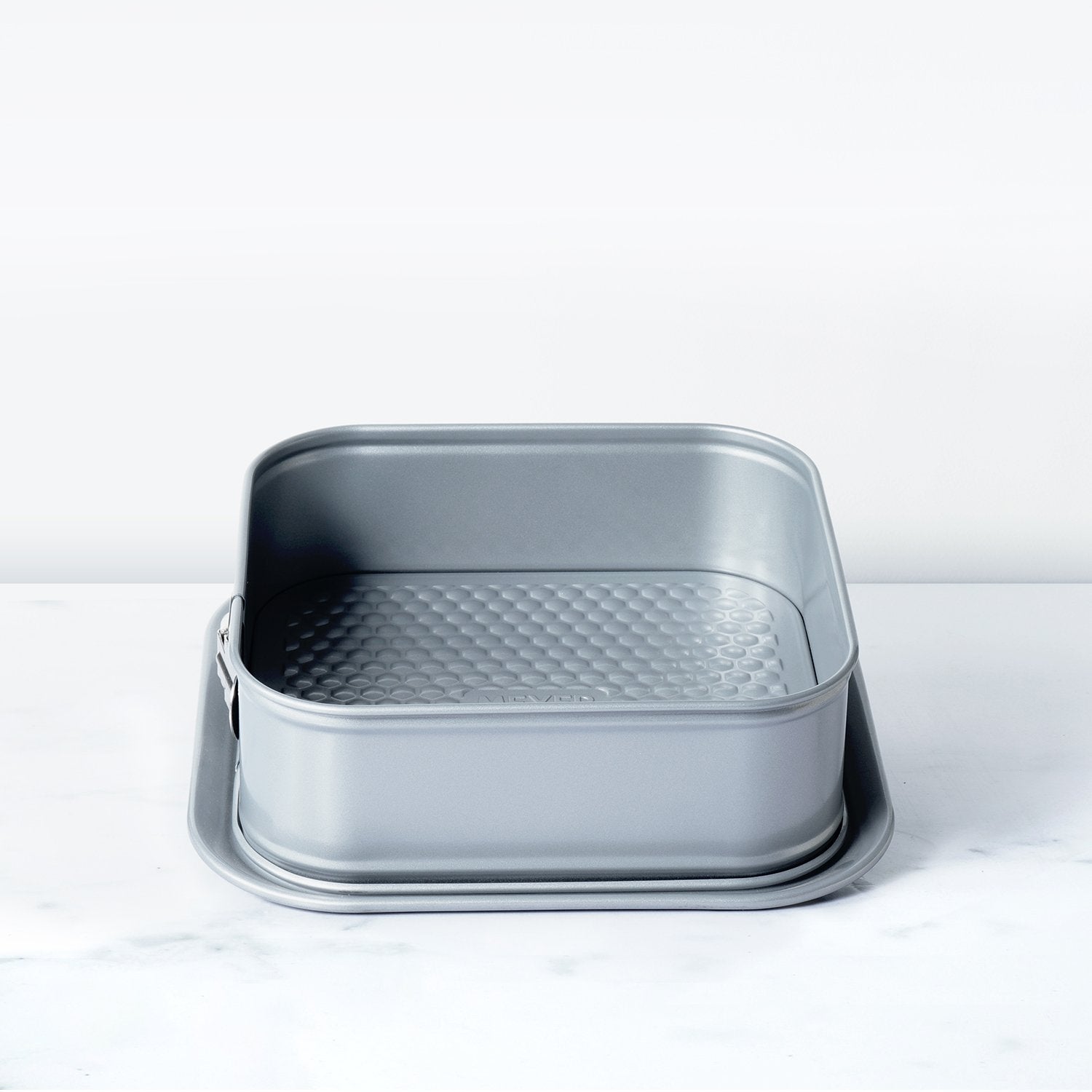




Leave a comment